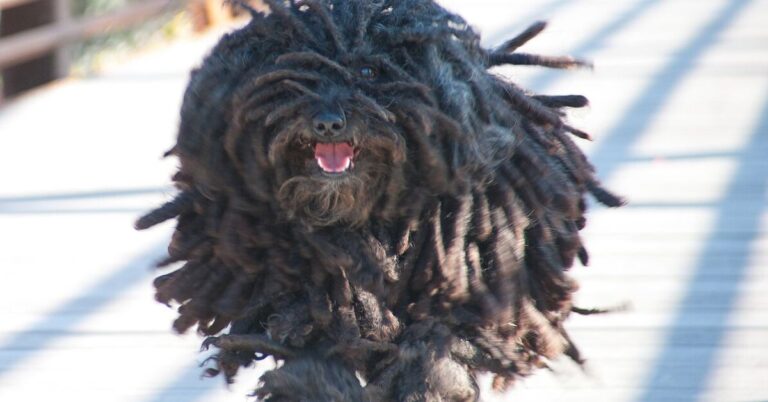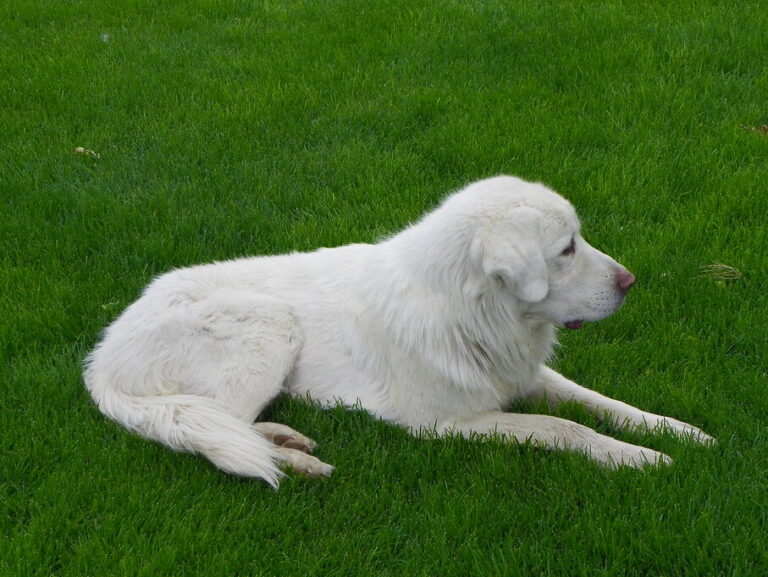15 Warning Signs Your Dog Might Be Allergic to Something
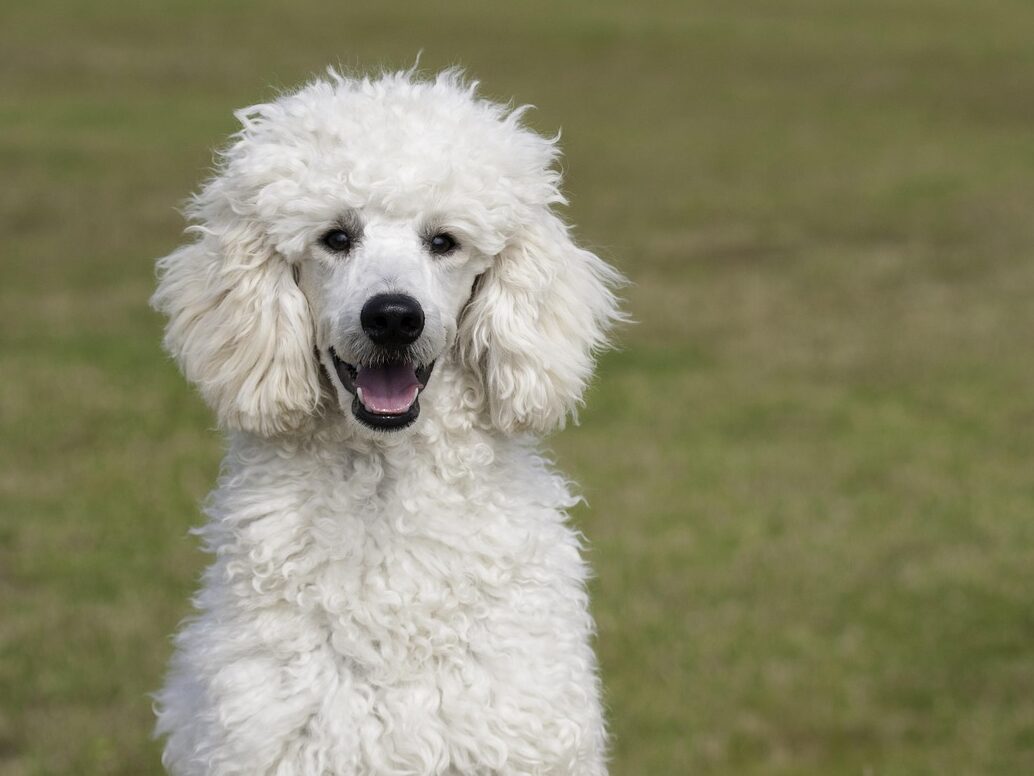
Dogs can’t exactly tell you when something feels off, but their body usually does the talking. Allergies in dogs can show up in ways you might not expect. Some signs are easy to miss or mistake for something else. That’s why it helps to know what to look for. Here are 15 warning signs your dog might be having an allergic reaction to something.
Constant Scratching or Licking
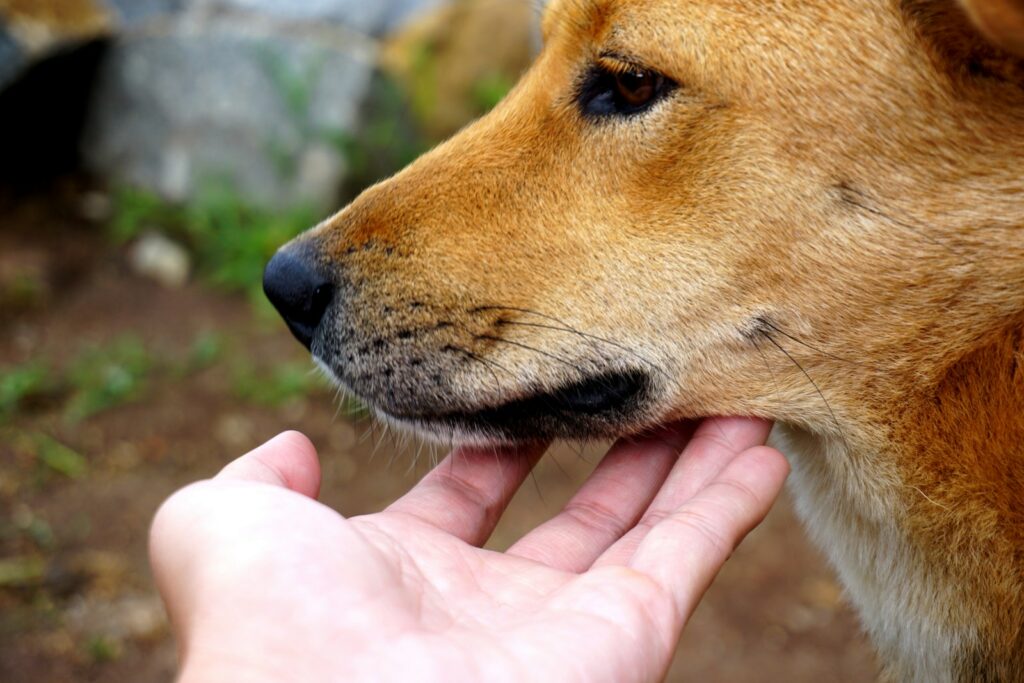
When your dog won’t stop scratching the same spot or keeps licking their paws nonstop, that’s not just them grooming—it could be a sign of allergies. This kind of behavior usually means their skin is irritated, even if you can’t see redness right away. Over time, the constant scratching can lead to raw patches or even infections. If it becomes a habit, something’s probably bothering them.
Red or Irritated Skin
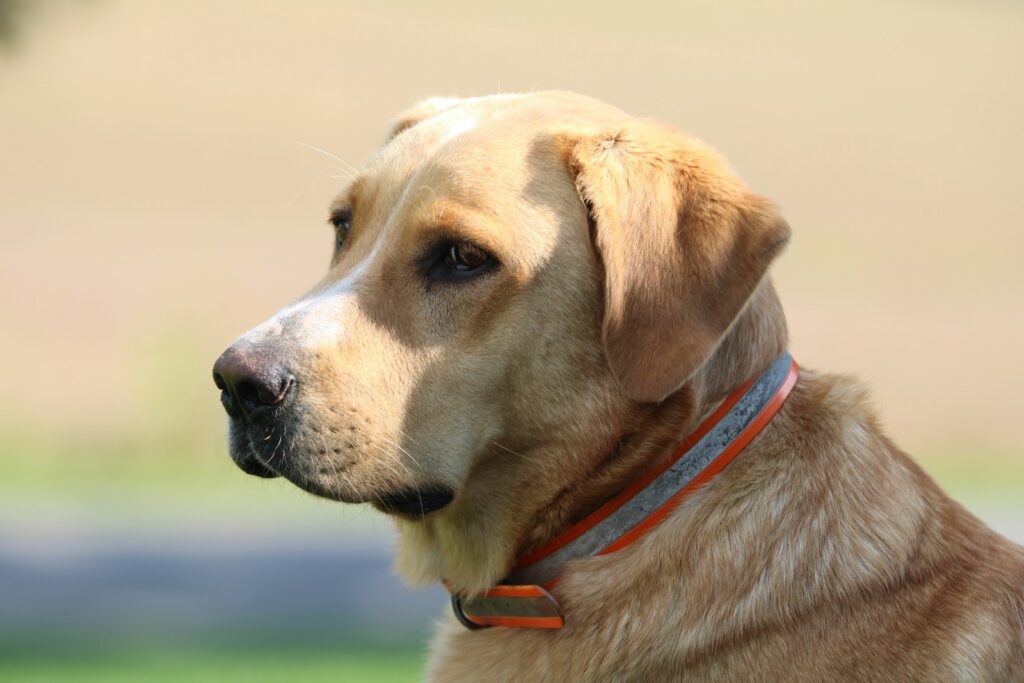
Skin allergies in dogs show up as redness, inflammation, or tiny bumps, especially on the belly, ears, or in between their toes. You might notice them flinching when you touch those areas or trying to avoid being pet. It doesn’t always look dramatic, but if your dog’s skin seems sensitive or inflamed out of nowhere, there’s a good chance they’re reacting to something.
Recurring Ear Infections
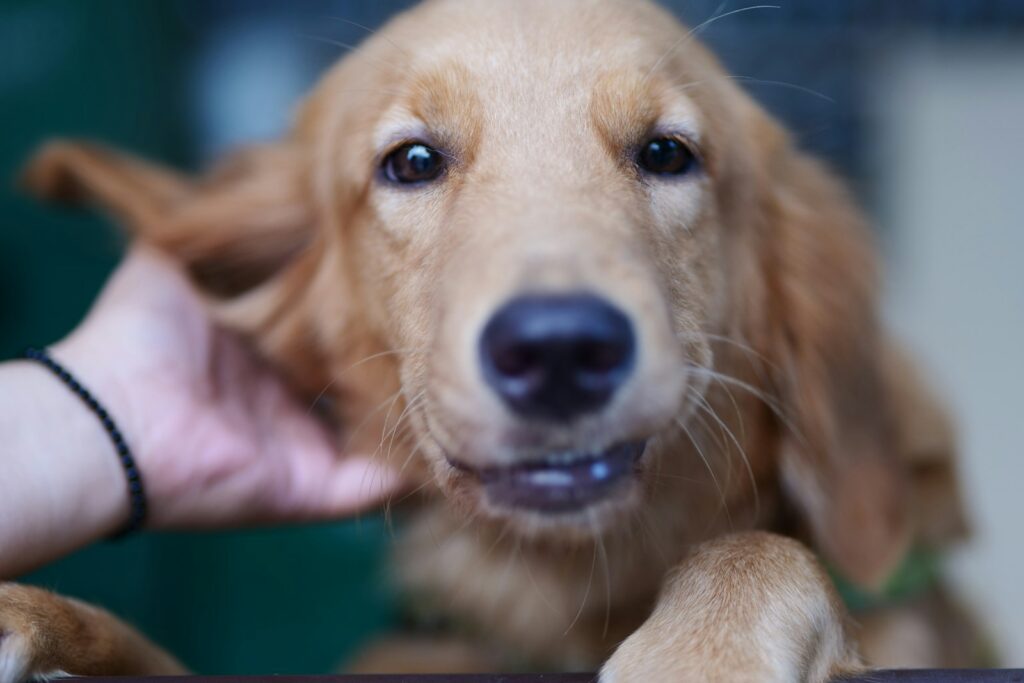
If your dog keeps shaking their head, scratching their ears, or if you notice a bad smell coming from one or both ears, they could be dealing with an allergy-triggered ear infection. Some dogs are especially sensitive to food ingredients or things in the air that affect their ears. When it happens over and over, it’s a big sign that something deeper is causing the issue.
Chewing on Their Feet

A dog who keeps chewing or licking their feet isn’t just being quirky—it’s usually because something is irritating them. Allergens from grass, floor cleaners, or even dust can cling to their paws and trigger itching. If you see them going at their feet every day, especially after coming in from outside, there’s a good chance their skin is reacting to something in the environment.
Watery Eyes or Runny Nose
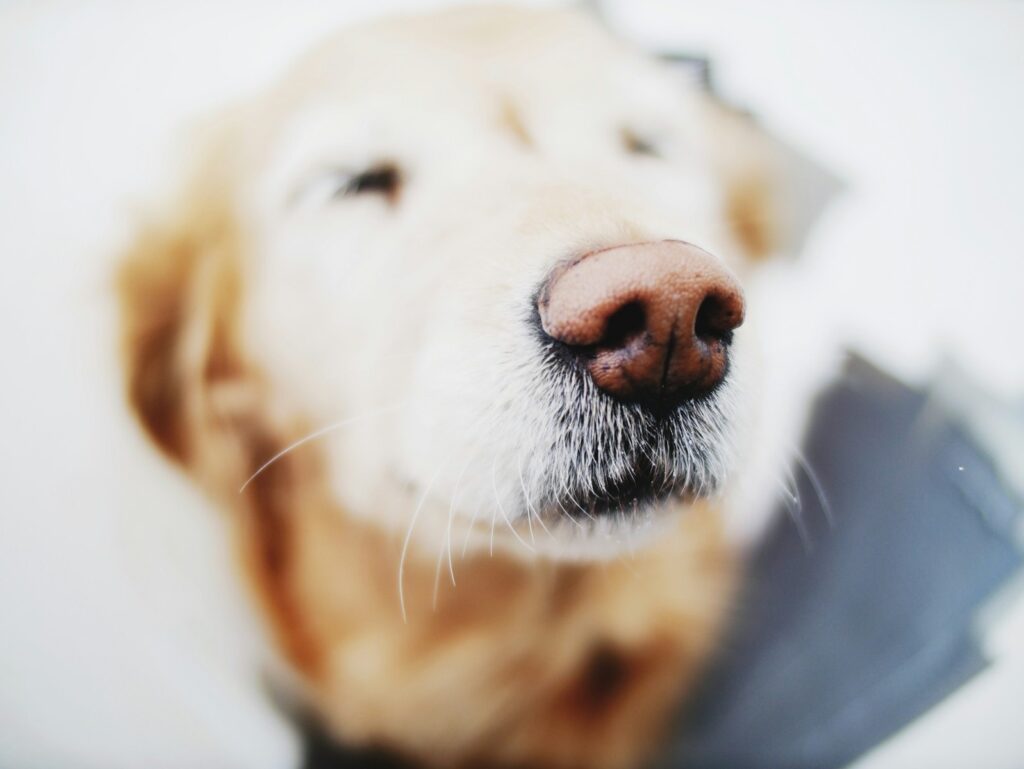
Dogs can have seasonal or environmental allergies just like us, and one of the first signs might be watery eyes or a runny nose. If your pooch looks like they’ve been crying or has mucus collecting around their nostrils, especially during certain times of year, pollen or dust could be the cause. Combine that with sneezing or face rubbing, and it’s a likely allergy sign.
Frequent Sneezing
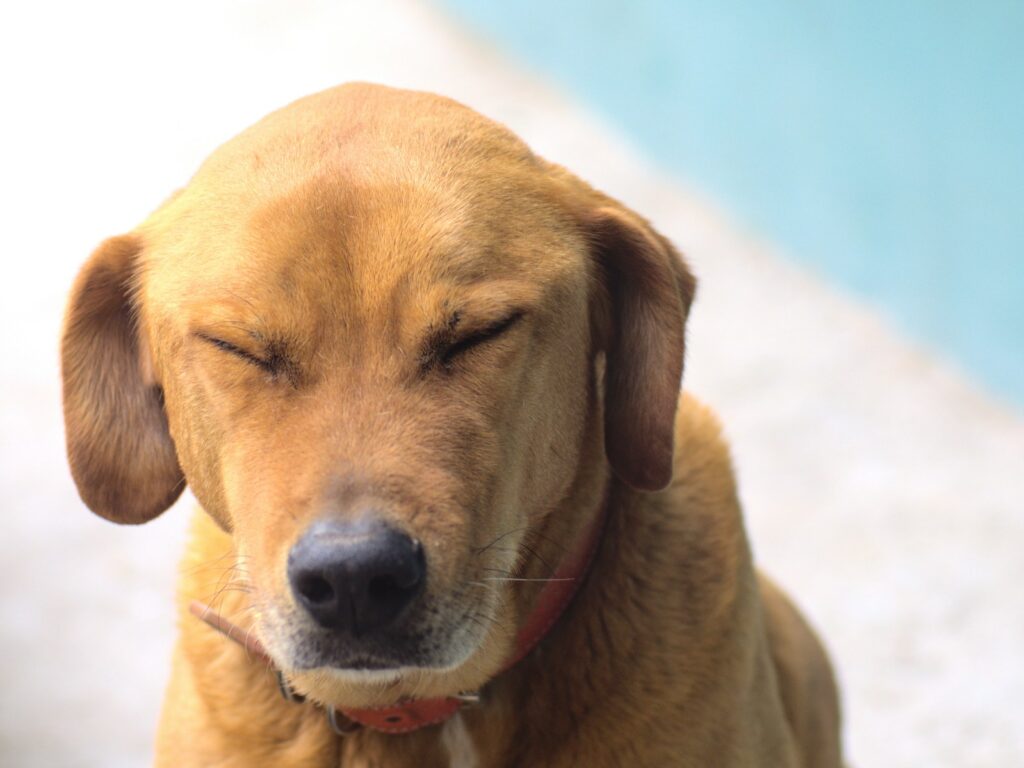
A random sneeze here and there is nothing to stress about. But if your pup starts sneezing multiple times a day or every time they go outside, it can be allergy-related. Sneezing is how canines try to clear irritants from their nasal passages. If it’s happening more often than usual or comes with other nasty symptoms like red eyes or coughing, you need to check it out.
Scooting or Dragging Their Bottom
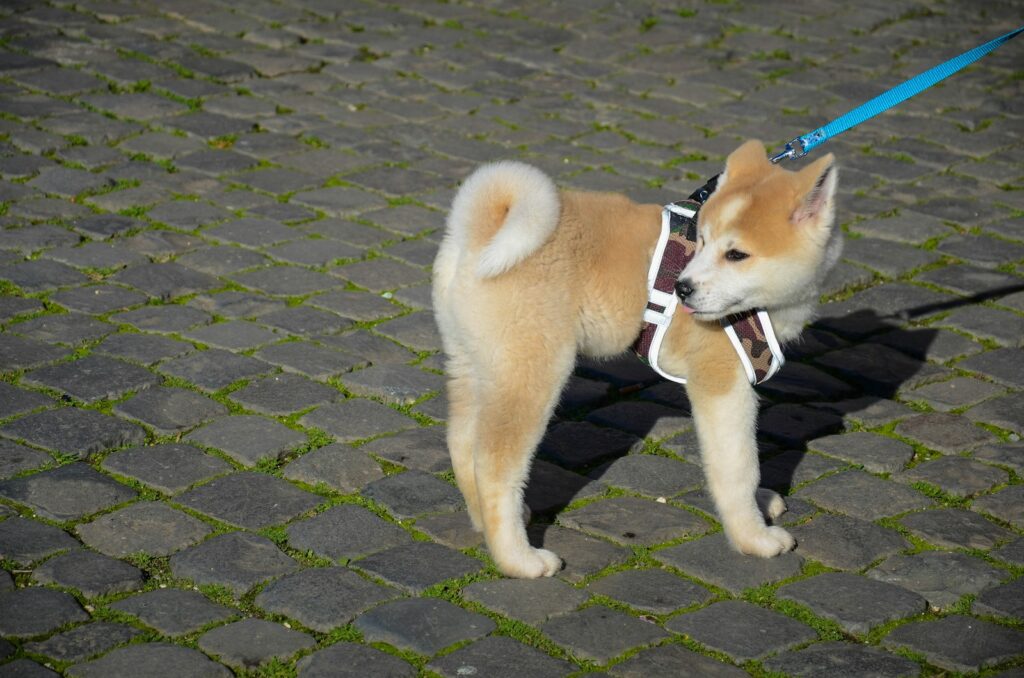
You might think scooting is only caused by worms or anal gland issues, but allergies, especially food-related ones, can cause irritation back there too. If your dog is scooting more than usual or seems extra uncomfortable, their body might be reacting to something they’re eating. Don’t ignore it or assume it’s just a one-time thing. Ongoing scooting could mean their system isn’t tolerating something well.
Hair Loss or Bald Patches
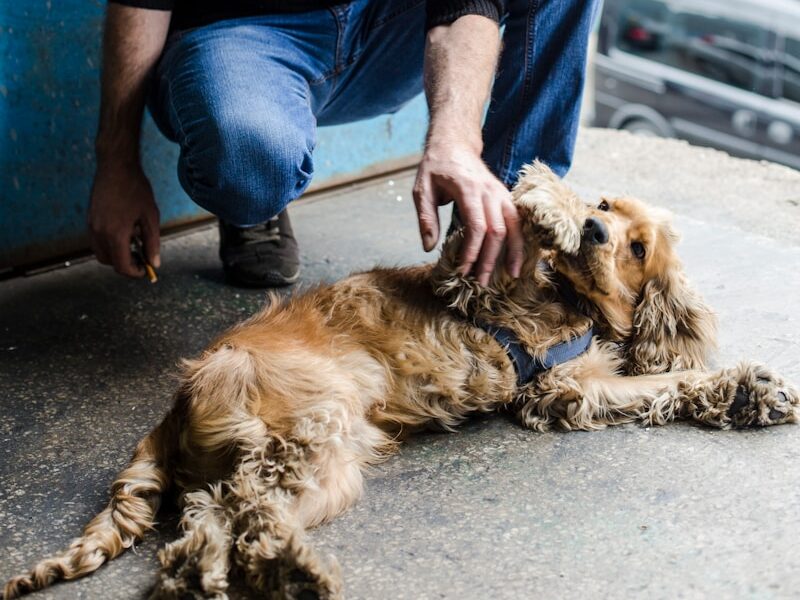
If you start noticing your dog’s fur looking thin in certain spots, or even bald patches forming, that’s a big red flag. Allergies can cause dogs to scratch, lick, or bite themselves so much that the hair falls out. It might start on the belly, around the tail, or near the ears. If it keeps happening in the same areas, it’s likely an allergic reaction, not just shedding.
Vomiting or Diarrhea
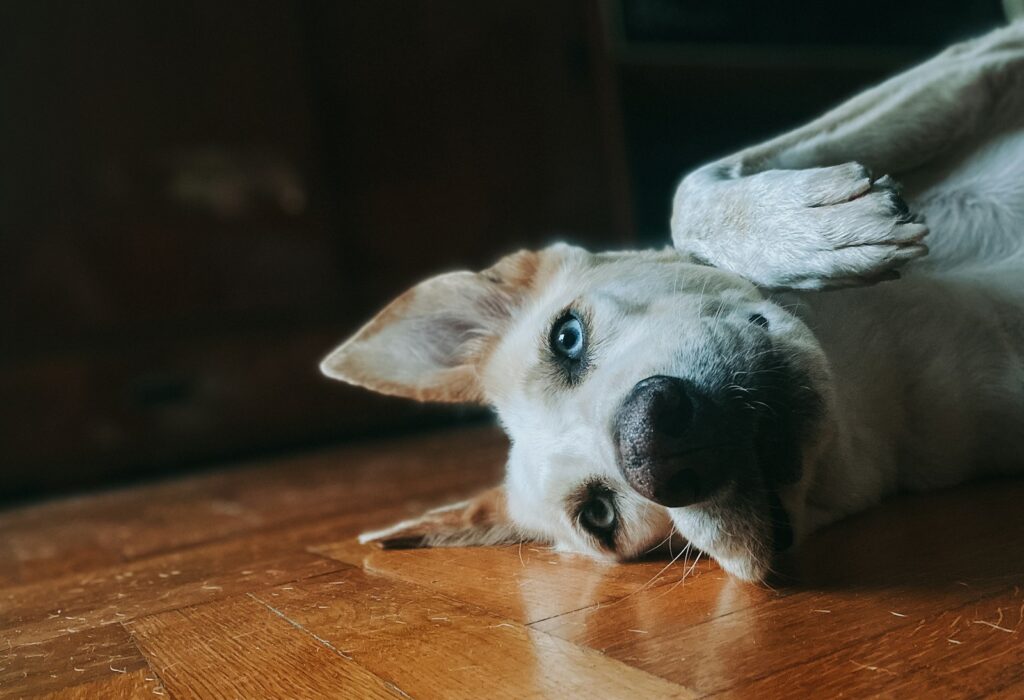
Food allergies often show up in the gut, not just on the skin. If your dog keeps throwing up or has loose stools regularly, especially shortly after eating, they could be reacting to something in their food. Common triggers include beef, chicken, dairy, or grains. One bad tummy day happens—but if it’s a pattern, it’s time to look at what’s going in their bowl.
Bad Breath Without Dental Issues
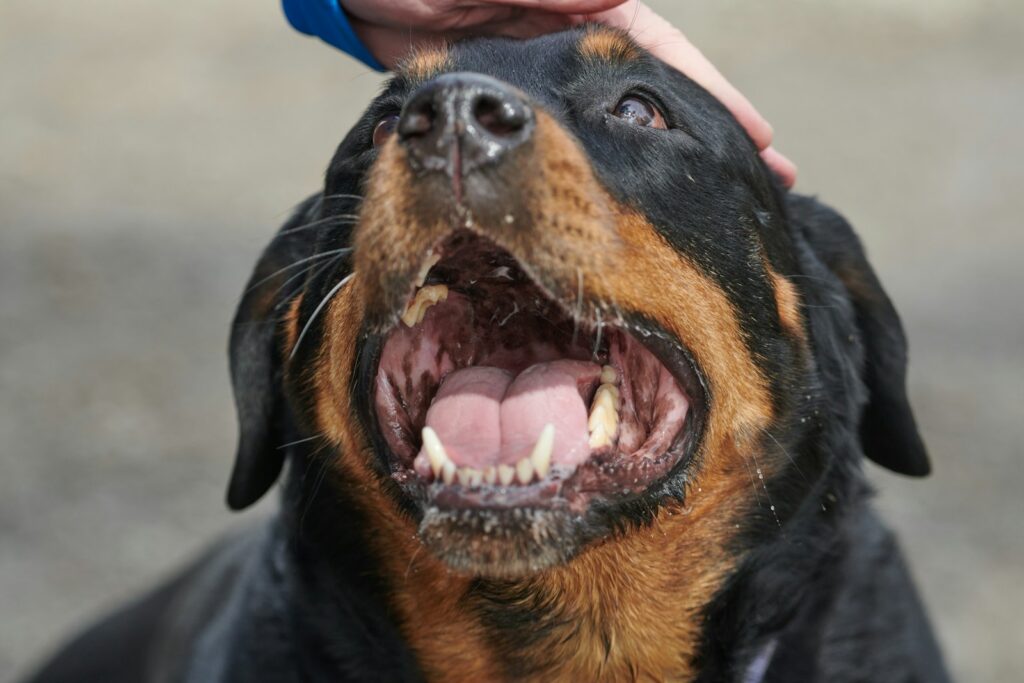
Bad breath usually makes you think of dental problems, but sometimes allergies are to blame, especially if your dog’s teeth and gums look fine. Gut inflammation caused by food sensitivities can make breath smell worse than usual. It might also come with changes in appetite, gurgling sounds in the stomach, or gas. If their breath suddenly shifts, it could be more than a dental issue.
Restlessness or Trouble Sleeping
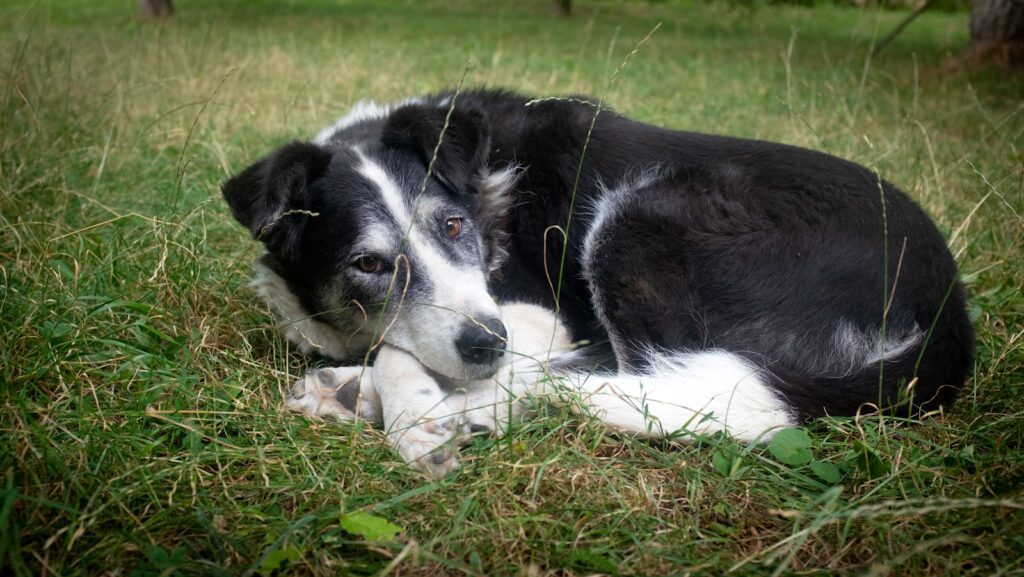
Dogs who can’t seem to settle at night might be dealing with allergy discomfort. Itchy skin, upset stomach, or even mild ear pain can make it hard for them to relax. If your pup normally sleeps through the night but now keeps moving, scratching, or waking up, it could be their way of coping with irritation that doesn’t go away when they lie down.
Coughing or Wheezing
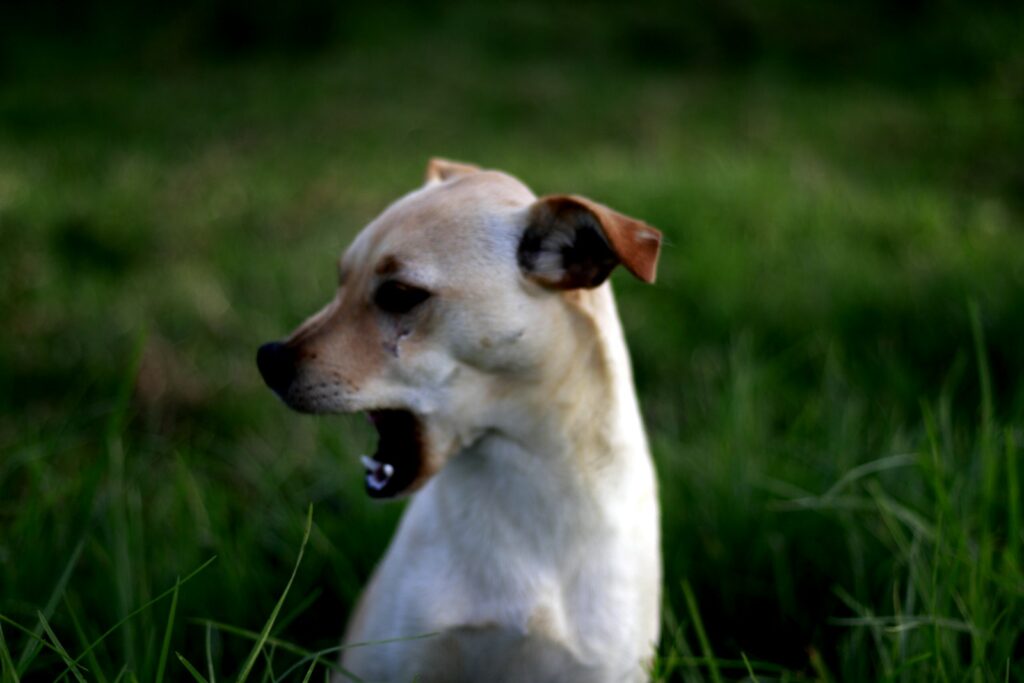
Here’s the thing: not all allergies show up on the skin. Sometimes your pooch might cough, wheeze, or clear their throat (making an unusual sound). This can happen when they breathe in things like mold, dust, or pollen. If your dog makes these sounds regularly and it’s not kennel cough or a cold, it could point to environmental allergies. This is especially true if it comes and goes seasonally.
Shaking Their Head Repeatedly
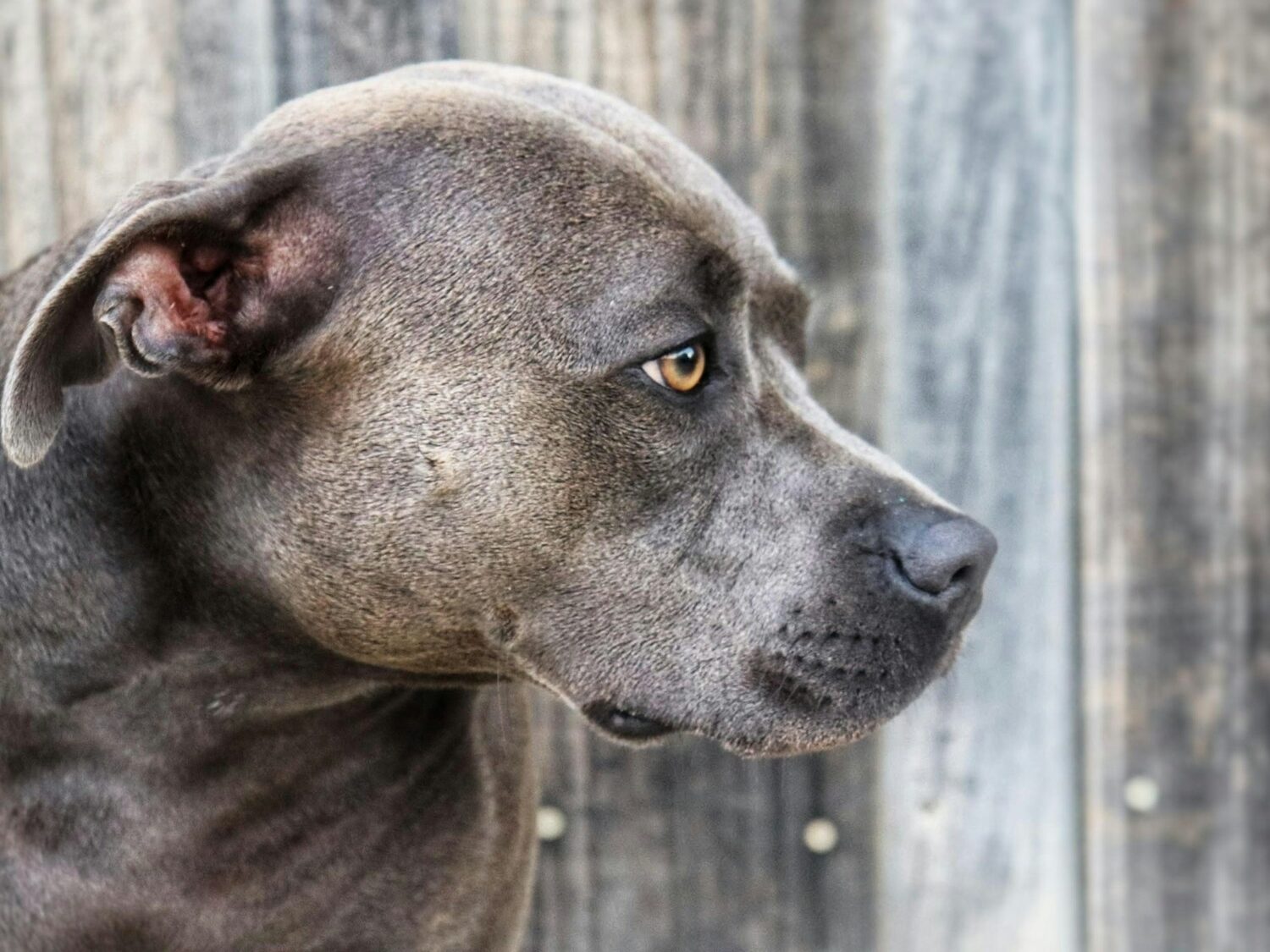
Dogs shake their heads for all sorts of reasons, but if it’s happening often and seems intense, it could be because their ears feel irritated. Allergies often lead to inflammation or moisture buildup in the ears, which makes dogs try to shake the feeling away. If your puppy keeps doing this and their ears look red or swollen, allergies might be the reason.
Changes in Mood or Energy Levels
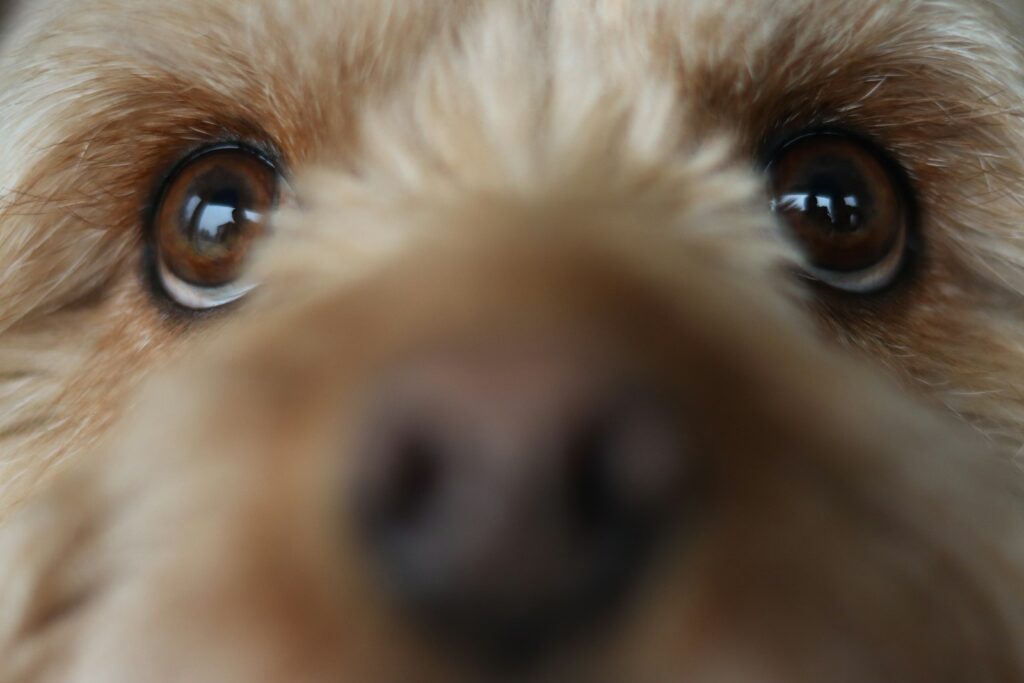
Sometimes the signs aren’t physical—they’re behavioral. Allergies can make your dog feel off in general. They might act grumpy, clingy, anxious, or just less playful than usual. If they seem to lose interest in walks, toys, or meals and there’s no clear reason, that shift could be their way of dealing with discomfort. Mood changes are easy to miss, but they often mean something’s wrong.
Digestive Issues After New Foods or Treats
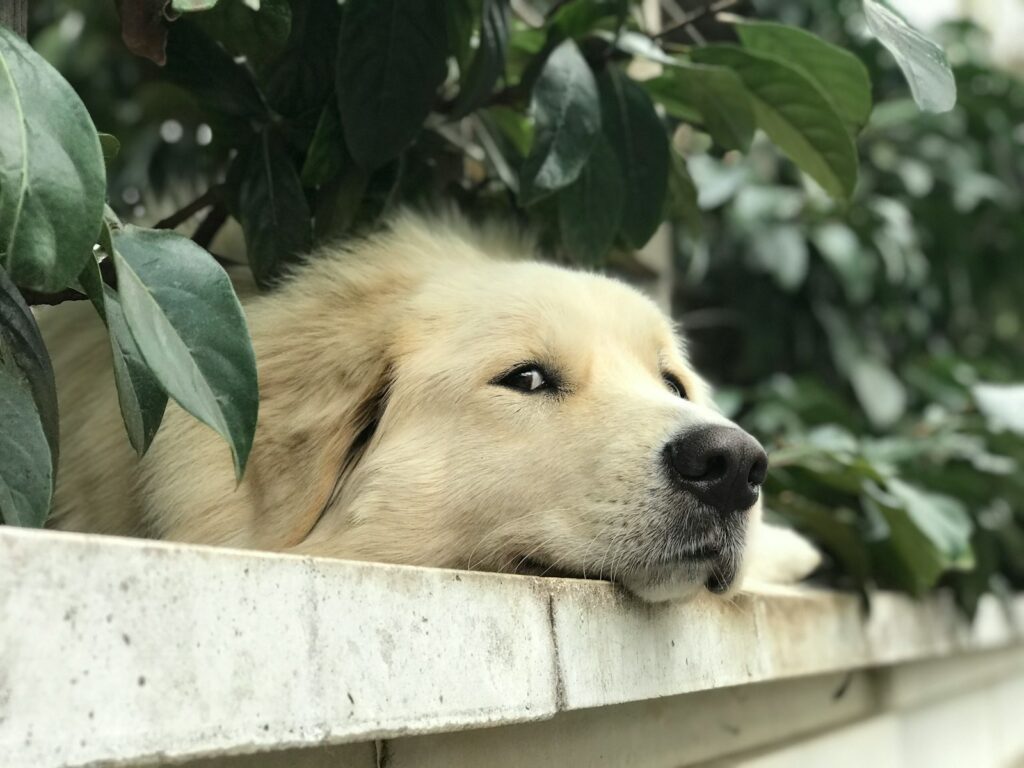
Tried a new brand of kibble or a different treat lately? If your pooch suddenly starts having gas, loose stools, or bloating, something in the ingredients list might not agree with them. Dogs can be allergic to common proteins or fillers, and it doesn’t always take much to trigger a reaction. Keep track of what they eat to spot the cause very easily.


